I am using Zeppelin to read avro files of size in GBs and have records in billions. I have tried with 2 instances and 7 instances on AWS EMR, but the performance seems equal. With 7 instances it is still taking alot of times. The code is:
val snowball = spark.read.avro(snowBallUrl + folder + prefix + "*.avro")
val prod = spark.read.avro(prodUrl + folder + prefix + "*.avro")
snowball.persist()
prod.persist()
val snowballCount = snowball.count()
val prodCount = prod.count()
val u = snowball.union(prod)
Output:
snowballCount: Long = 13537690
prodCount: Long = 193885314
And the resources can be seen here:
The spark.executor.cores is set to 1. If i try to change this number, the Zeppelin doesn't work and spark context shutdown. It would be great, if someone can hint a bit to improve the performance.
Edit: I checked how many partitions it created:
snowball.rdd.partitions.size
prod.rdd.partitions.size
u.rdd.partitions.size
res21: Int = 55
res22: Int = 737
res23: Int = 792
